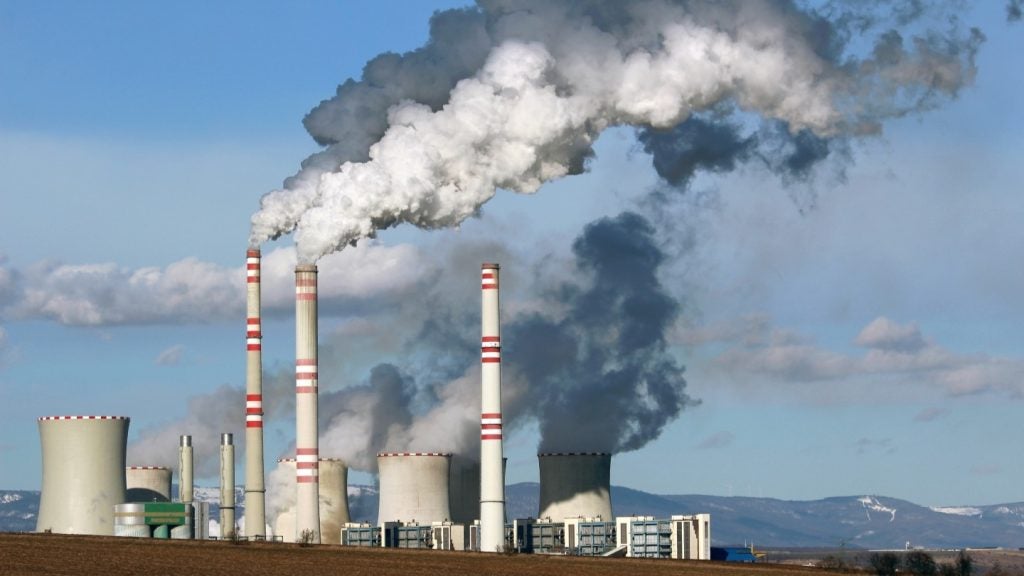Power generation company Jera and engineering company IHI have initiated a test facility at the Hekinan thermal power plant in Aichi Prefecture, Japan, to evaluate the viability of burning coal mixed with ammonia, Japanese news agency Jiji Press reported.
The move aims to reduce carbon dioxide (CO₂) emissions from power generation.
The test, scheduled to take place between 26 March and 19 June 2024, will explore the potential for commercial use of coal-ammonia fuel, with aspirations to launch it in the late 2020s.
The trial is the first of its kind on a global scale.
Ammonia is being heralded as a promising alternative to traditional fossil fuels due to its zero CO₂ emission profile when combusted.
Hekinan power station head Katsuya Tanigawa was quoted by Reuters as saying: “By conducting this demonstration and establishing combustion technology, we can take the first step toward promoting zero-emission thermal power plants that do not emit CO₂.
“We want to contribute to the decarbonisation of the entire world through the use of our technology in countries and regions where thermal power plants are needed.”
The Hekinan project, which commenced in 2021, has been progressively increasing ammonia volumes to achieve substantial CO₂ emission reductions by substituting part of the coal with cleaner-burning fuels, Reuters reported.
Despite ammonia's clean-burning properties, its production can still contribute to emissions if derived from fossil fuels. It is primarily produced using hydrogen from natural gas and nitrogen extracted from the air.
Jera is a 50:50 joint venture between Tokyo Electric Power and Chubu Electric Power. The company is committed to transitioning all thermal power plants in Japan to ammonia or hydrogen by 2050.
Japan’s Mitsubishi Heavy Industries and PTT of Thailand recently embarked on a pre-feasibility study for the use of 100% ammonia in gas turbine power generation.
Their study aligns with Thailand's ambition to achieve carbon neutrality by 2050, with a particular focus on curbing carbon emissions within the energy sector. It will investigate the logistics, safety, storage and handling of ammonia and the means of its delivery to power plants.









